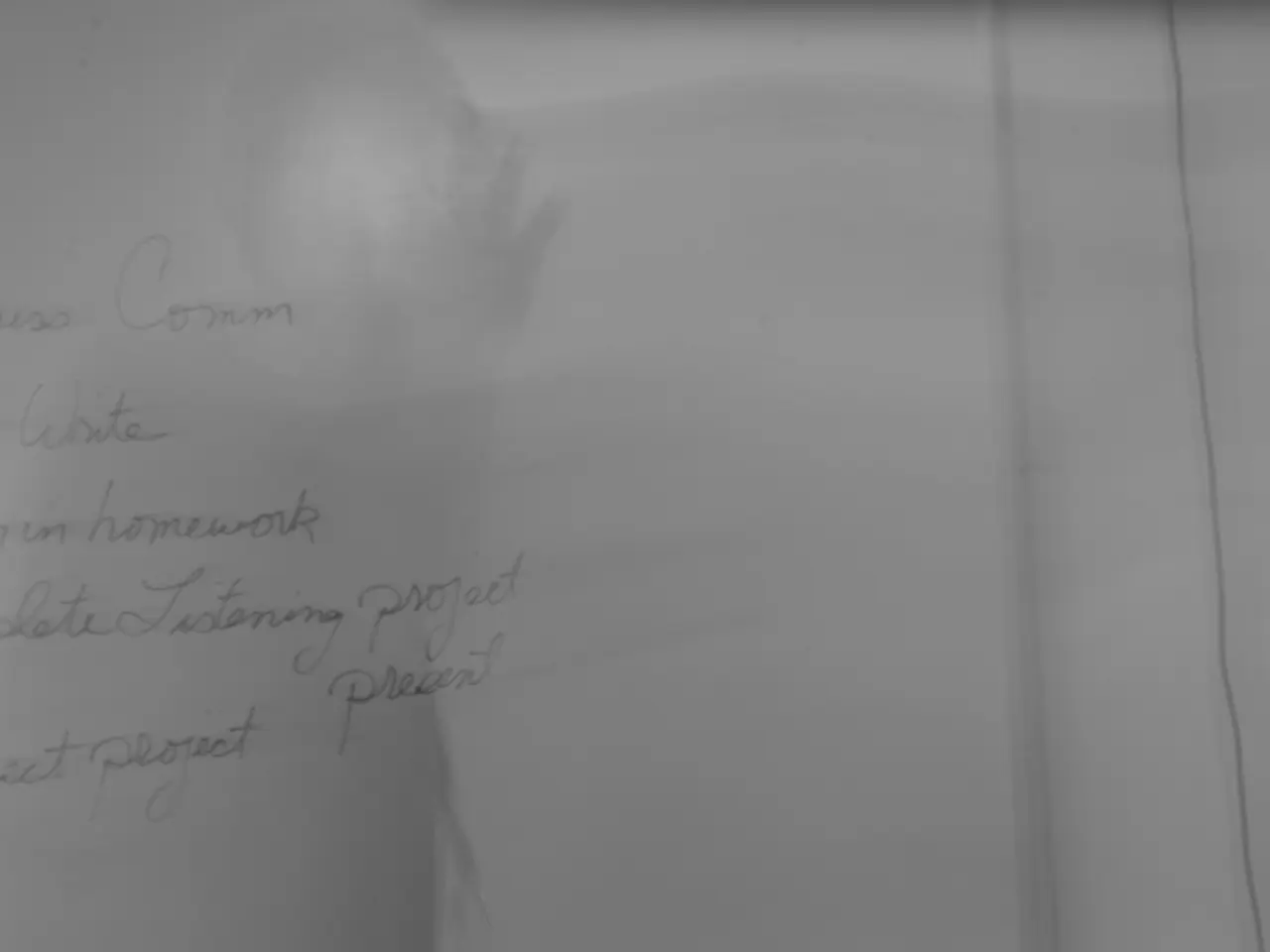India's Bankruptcy Code received a harsh dose of reality following the rejection of the Jsw resolution.
The Supreme Court of India's decision to order the liquidation of Bhushan Power and Steel Limited (BPSL), reversing a ₹19,700 crore resolution plan by JSW Steel approved earlier under the Insolvency and Bankruptcy Code (IBC), has significant long-term implications for India's insolvency ecosystem and investments in distressed assets.
The court's ruling has introduced considerable uncertainty for investors and creditors relying on the finality of NCLT/NCLAT approvals, undermining commercial confidence in the IBC process. Critics argue that the decision may deter domestic and foreign investors from participating in future distressed asset acquisitions in India, raising concerns about the reliability and predictability of the insolvency framework relative to global standards.
The judgment highlighted issues such as non-disclosure by JSW Steel and non-compliance with mandatory IBC provisions. However, the remedy of liquidation, rather than remediation of the defects, has been criticized as severe and potentially damaging to the credibility and reputation of the insolvency resolution process.
The ruling sets a precedent where courts may exercise strong supervisory roles over resolution plans, potentially encouraging more challenges from operational creditors and other stakeholders, thus slowing down resolution timelines. This may affect the balance between speed and thoroughness envisaged by the IBC.
However, the Supreme Court has stayed the liquidation proceedings and constituted a bench to hear review petitions filed by JSW Steel and lenders, indicating potential reconsideration or modification of the ruling’s effects. This ongoing litigation adds complexity but also shows judicial willingness to reassess the fallout.
Looking back, some question whether stakeholders would have gained anything if the CoC had rejected JSW’s funds and kept BPSL running under a stop-gap monitoring committee. Adity Chaudhury, partner at Argus Partners, suggests that adjudicating authorities should decide matters in a time-bound manner to ensure timely completion of insolvency processes.
In conclusion, the Supreme Court’s decision signals a more cautious and proceduralistic judicial approach that prioritizes strict compliance with the IBC over commercial expediency. While reinforcing legal rigor, it has unintentionally sown doubt about the finality and viability of insolvency resolutions, which could slow down investment flows into India’s distressed assets market and challenge the overall robustness of the insolvency ecosystem.
The Supreme Court's decision on Bhushan Power and Steel Limited (BPSL) has raised concerns about the predictability of insolvency framework, as investors and creditors may face increased uncertainty due to potential court challenges. This cautious judicial approach, emphasizing strict compliance with the IBC over commercial expediency, may deter future investments in distressed assets and undermine the reliability of the insolvency resolution process in finance and business.




